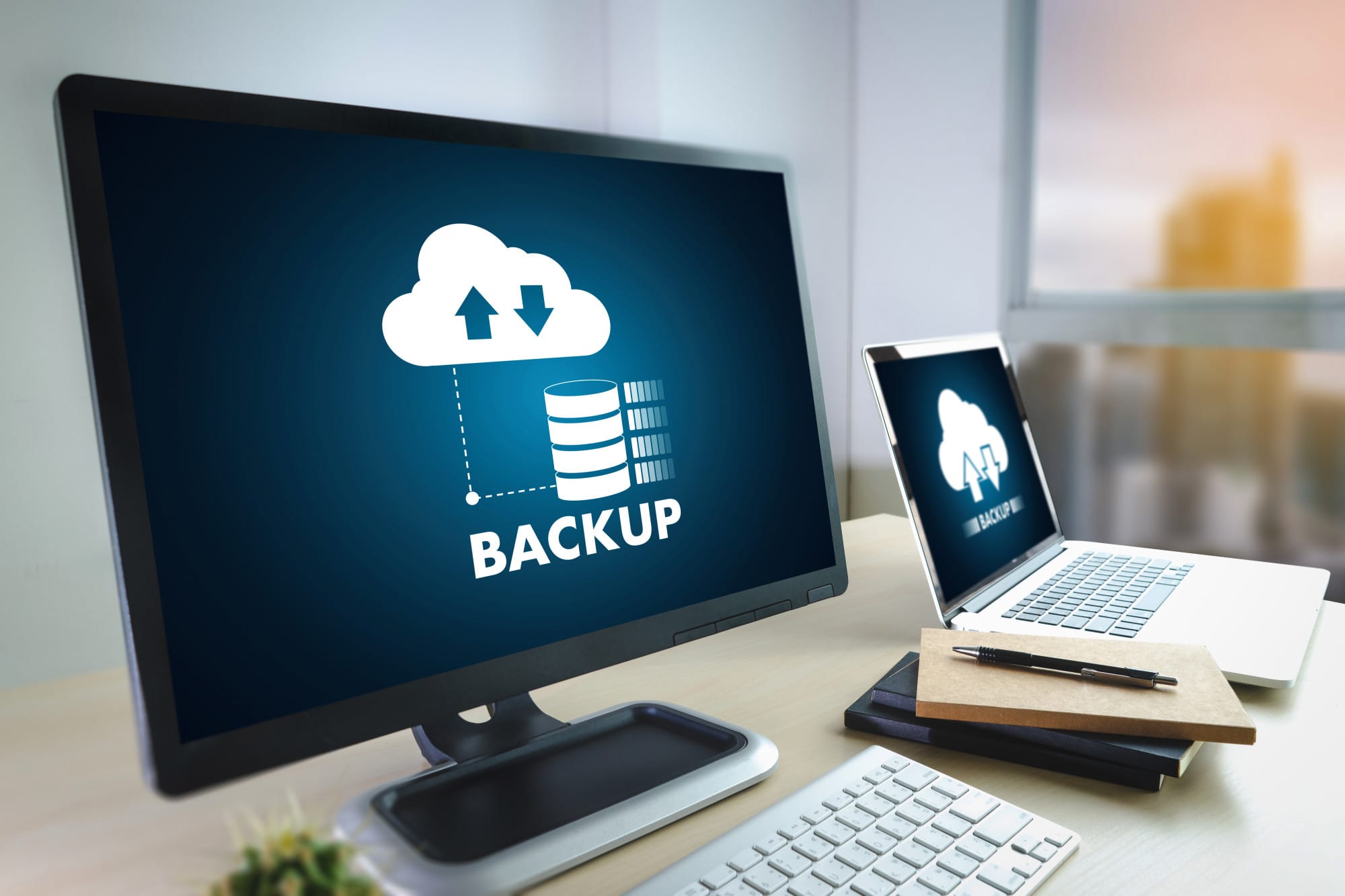In 2022, the average data breach cost companies over $4 million in damages. But it doesn’t take a complex breach to cause data issues in the office.
All it takes is a power outage or an employee’s accidental deletion to cause file issues and headaches. Data backup is the best defense, but only if your file backup system works correctly.
Read on to discover common backup troubleshooting tips to avoid unnecessary data loss.
Damaged Backups
Damaged backups don’t occur all that often, but they can cause a lot of trouble when they do. It’s not a good feeling when you think your data is backed up and but it’s corrupt when you go to recover it.
Other than using a reliable cloud storage service, you should do recovery tests often to check your data. Keep in mind that some backup solutions can run checks for automated data consistency to help avoid damaged backups.
Usually, damaged backups occur with media kept on-premise. For instance, your backups might encounter damage if your RAID drives go down and you don’t react quickly.
Slow Backups
While not as critical as data loss issues, slow backups might hurt progress and recovery times in crucial situations. If you’ve noticed your backups creeping along slowly, it might be an easy fix.
First, check the speed of your internet connection and the performance of your network. Locate a proper time and settings to allow you the best network throughput possible. If you can’t improve network speeds, decide which backups to focus on first.
You might also have a problem computer that’s backing up data slowly because it can’t keep up with tasks. Just select a time to back up files that won’t interfere with other heavy workloads.
If your backups move slow, it might be because you chose the wrong type. Some types, such as file-level backups, work better with single files. Other types work better for uploading multiple partitions to a storage location.
Inaccessible Backups
Losing access to your backups might be one of the most frustrating backup issues to have. Forgetting or losing access credentials is an annoying and avoidable mistake to make.
For starters, always keep your passwords in one location to access them safely. Never share your administrative credentials and only change passwords if you know they’ve been compromised. Don’t forget to update your password management with any changes.
If your credentials become compromised, criminals can change them and lock you out from backups. That’s why you should limit how many people have access to only a few to reduce the risk.
The Importance of File Backup
File backup issues can cause a lot of stress but now you know how to fix and prevent them. Sometimes when a file gets damaged or lost, it’s gone forever. Remember this guide and plan ahead so that you always have reliable backups and access to them.
For more help with data backups, contact us at Inception Network Strategies. Our IT services help simplify and improve backups with a focus on staying cost-effective.

